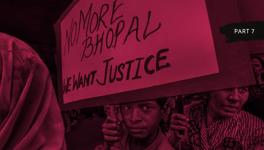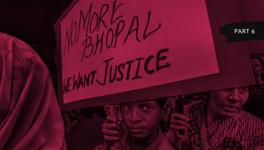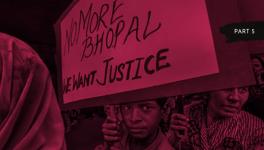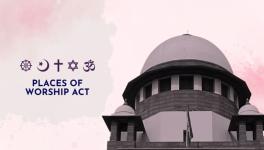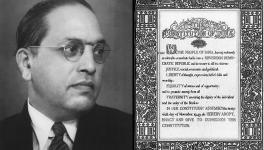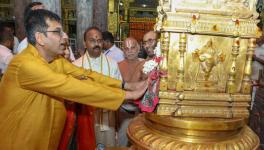Aadhaar-Linking of Social Media Profiles: SC Transfers All Cases to Itself
New Delhi: The Supreme Court on Tuesday transferred to itself all cases related to the linkage of social media profiles with Aadhaar pending in different high courts and also asked the Centre to submit its report in January to check social media misuse.
A bench of justices Deepak Gupta and Aniruddha Bose, while allowing the transfer petition of Facebook, asked the registry to place all connected matters before the Chief Justice of India for listing before an appropriate bench in last week of January 2020.
The top court also asked the Centre to submit its report in January on the notification of rules by which social media misuse can be checked and liability could be fastened on intermediaries to decrypt messages.
The bench's order came after Attorney General K K Venugopal, appearing for Tamil Nadu, dropped his opposition to Facebook's plea seeking transfer of all cases pending in different high courts to the apex court.
Solicitor General Tushar Mehta, appearing for the Centre, clarified that it is not a ploy to breach the privacy of individuals but it is an attempt to protect national security and sovereignty.
The attorney general then intervened and said a terrorist cannot claim his right to privacy.
Mehta also rubbished the claim of some petitioners, who alleged that the draft rule under consideration of the government, which would enable authorities to fasten liability on intermediaries to trace the originator of a particular message or a content, is government's ploy to "trample individual's privacy".
On Monday, the Centre had told the court that internet has emerged as a potent tool to cause "unimaginable disruption" to democratic polity, and sought three more months for finalising and notifying the rules that would regulate the functioning of social media intermediaries in the country.
The Ministry of Electronics and Information Technology (MeitY) had told the top court that though technology had led to economic growth and societal development, there was also an exponential rise in hate speech, fake news and anti-national activities.
The court had taken the affidavit on record after counsel representing the Centre said the government had sought three months' time for finalisation of the Information Technology Intermediaries Guidelines (Amendment) Rules, 2018.
The affidavit had stated that after collating and analysing all the details as had emerged from the stakeholders' participation and inter-ministerial consultation, "the deponent (MeitY) has bona fide belief that a further period of three months would be required for finalising and notifying the final revised rules in accordance with law".
It had also said that in the last few years, there was an enormous increase in the use of social media and with lower internet tariffs, availability of smart devices and last-mile connectivity, more and more people in India were becoming part of the internet or social media platforms.
On September 24, the top court had observed that technology had taken a "dangerous turn" and asked the Centre to apprise it within three weeks about the timeframe needed to come up with guidelines to curb misuse of social media in the country.
Expressing serious concern over some social media platforms not being able to trace the originator of a message or an online content, the apex court had said the government must step in now.
Seeking transfer of the cases to the top court, Facebook Inc. had contended that whether service providers could be asked to share data with probe agencies to help them in criminal investigation needed to be decided by the apex court as it would have a global effect.
The social media giant had pointed out that there were four petitions -- two in the Madras High Court, one in the Bombay High Court and one in the Madhya Pradesh High Court -- and that they contained almost similar prayers.
Get the latest reports & analysis with people's perspective on Protests, movements & deep analytical videos, discussions of the current affairs in your Telegram app. Subscribe to NewsClick's Telegram channel & get Real-Time updates on stories, as they get published on our website.











